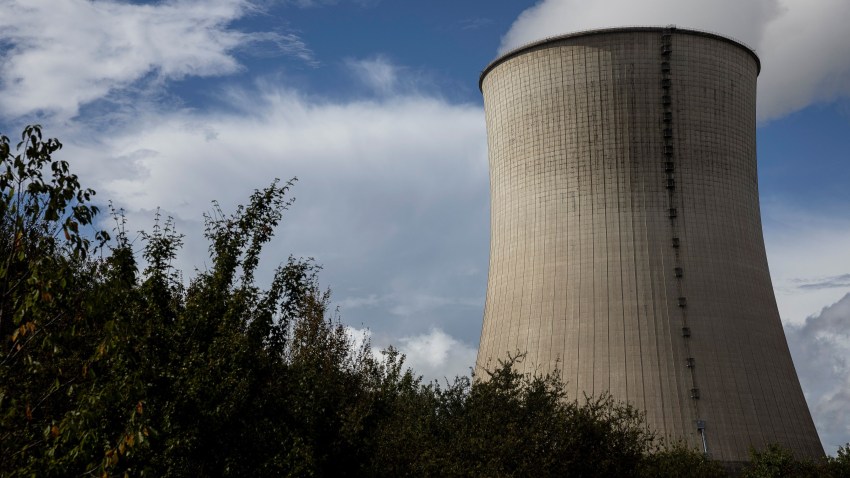Russia’s war in Ukraine has generated significant disruption in global energy markets as the West moves to dismantle longstanding interdependencies with Moscow in response to Russia’s invasion. While these disruptions have been most prominently noted with regard to trade in natural gas and oil, they have also had a major impact on the global nuclear energy market, with unpredictable implications for global energy security.
The United States, United Kingdom and Ukraine recently announced sanctions targeting key individuals and subsidiaries of Russia’s state-owned nuclear giant Rosatom for their role in bolstering the Kremlin’s nuclear arsenal and supporting the occupation of Ukraine’s Zaporizhzhia nuclear power plant. And European states with longstanding nuclear energy ties to Russia have all already accelerated their efforts to sever them, with Hungary being the only notable exception.
In particular, the Czech Republic, Slovakia, Bulgaria and Ukraine all announced plans or signed agreements to switch to U.S.- and French-produced fuel for their Russian-origin VVER large light-water reactors. Likewise, in those countries seeking new reactor construction, Rosatom has been all but excluded from the competition. Poland has signed deals for its first nuclear power plants with U.S.-based Westinghouse and South Korea’s KHNP. Ukraine is now considering Westinghouse for new reactor units, and the Czech Republic is choosing among Westinghouse, KHNP and France’s Framatome, despite having long operated VVERs as well. Meanwhile, Romania is apparently intent on becoming one of the first customers of NuScale, an Oregon-based company seeking to build the first U.S. small modular reactors, or SMRs, with the support of the U.S. government.

